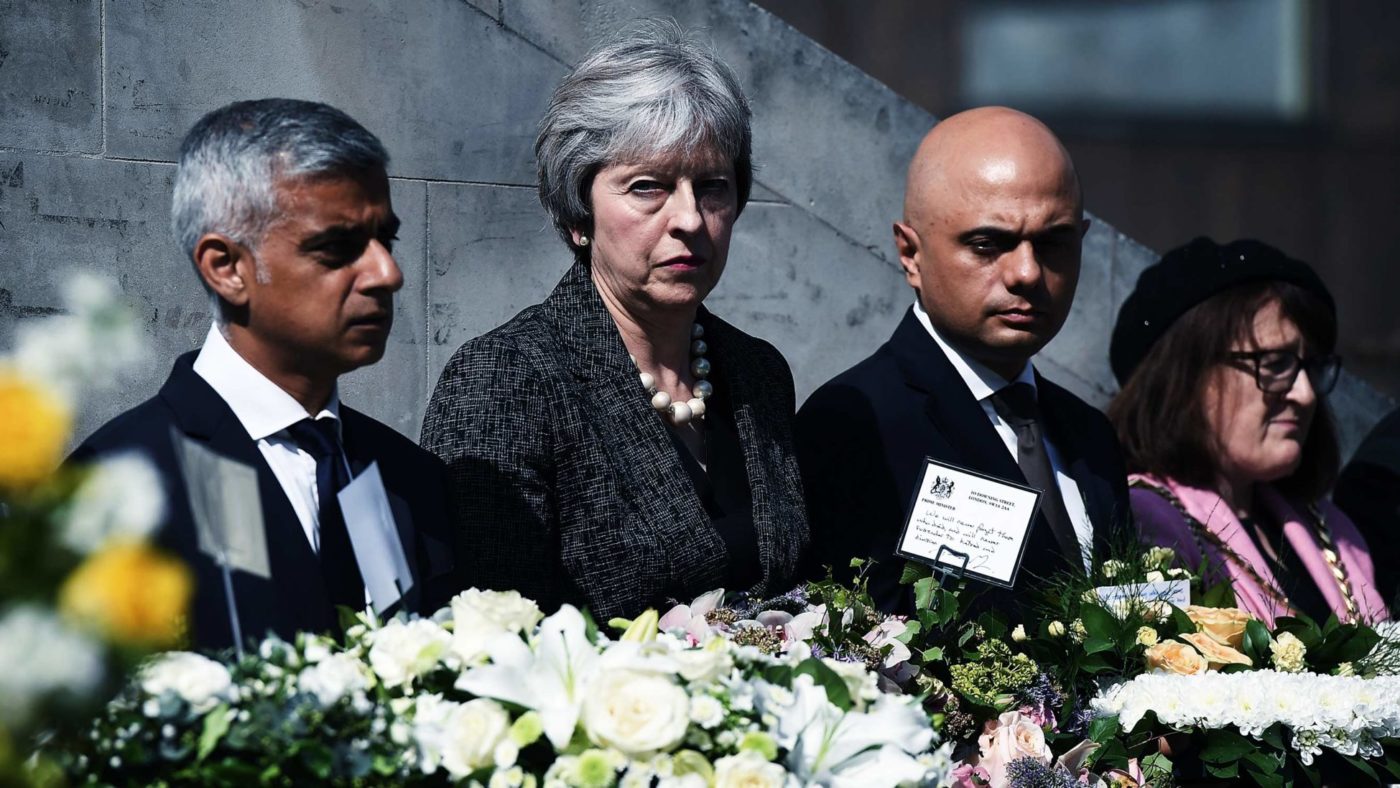The new counter-terrorism measures announced by Sajid Javid are sensible and clearly an improvement on what has gone before them. But, as the latest revelations about the failure of most counter-radicalisation schemes make clear, we need much more than tinkering.
Yes, more resources and better information-sharing are required. But there is little indication that any kind of radical rethink is on the horizon. After the devastating series of attacks in 2017 and with the growing number of plots being uncovered, the public are entitled to ask whether something far bolder is needed.
Javid’s revised strategy is a step in the right direction. The increase in the number of counter-terrorism officials is badly needed. Far too many attacks are being committed by individuals already known to the security services: the Westminster Bridge, London Bridge, Manchester Arena and Parsons Green atrocities were all committed by extremists who had been on the authorities’ radar. Our intelligence services know how to identify potential attackers, but when it comes to triaging stretched resources, and determining which of these individuals should be monitored most closely, something appears to be going wrong. More manpower may mean that fewer of these difficult decisions will have to be made.
The Home Secretary is also right to highlight the threat from far-right extremism. Over the past year, the number of such attacks in Western countries increased and the number of people killed and injured was also up.
Nevertheless, it would be misleading to suggest any kind of parallel between the far right in Britain and groups like Islamic State. It won’t take us any closer to solving the problem to pretend that the threats are the same or equal.
If there are any similarities between violent Islamists and the most extreme elements of the far right, then it may be in the realm of tactics. This is particularly the case with low-tech, lone-actor terrorism – in Charlottesville and at Finsbury Park, we saw far-right assailants using cars to maim and kill, in much the same way as Islamists. Unlike large networks of terrorists, these plots are incredibly difficult to detect and disrupt.
This makes winning the battle of ideas all the more crucial. But it is unclear whether government has any sense of how it might decisively defeat the belief systems that give rise to terrorism.
The government’s only real contribution on this front is the national counter-radicalisation strategy, Prevent, which does vitally important work to help individuals who may be coming under the influence of extremists.
But if we are honest, much of Prevent seems to be about managing the problem of radicalisation, rather than addressing the root causes. Revelations that more than 95 per cent of counter-radicalisation programmes are ineffective is disappointing but unsurprising news. Deradicalisation is not an exact science and we still don’t know exactly what is effective and what isn’t. Given that Parsons Green bomber Ahmed Hassan had been going through Prevent and was not stopped from committing his attack will have shaken public confidence in the scheme.
Where Prevent is really falling short is in its objective of stopping public services from becoming safe spaces for extremists. It is still not clear that the Government is taking the threat from Islamist entryism at all seriously, despite this being a known tactic used by soft-Islamist and Muslim Brotherhood groups.
Those public institutions who repeatedly host and collaborate with extremists have to be held to account. There must be serious consequences for those local authorities, schools and NHS Trusts who work with extremists (even unwittingly) instead of forcefully challenging them. Simply pointing to vague risk assessment procedures is not enough for a public institution to demonstrate that it is meeting its duty to guard against extremism.
If we are failing at present, though, it would be wrong to pin all the blame on government. For years, much of civil society has been failing to do its part to challenge the growth of extremism. Campaign groups, community organisations, charities and interfaith circles could all be a vital part of the solution. But all too often these are the very people who have been part of the problem. The same organisations who would never dream of offering platforms to fascists and white supremacists appear only too ready to unquestioningly collaborate with Islamist extremists.
By its nature, civil society mostly sits beyond the reach of government interference, as is only right. Until the sector gets a grip, however, there could be action to strip charitable status from extremist groups pretending to be charities; and the blocking of funding for extremists, particularly when it is coming from overseas.
The measures announced this week are hardly a radical overhaul. For the most part we are being given more of the same. None of which is to say that the current system is broken – but if anyone is holding out for profound new ideas on combatting terrorism, they don’t look to be coming any time soon.


